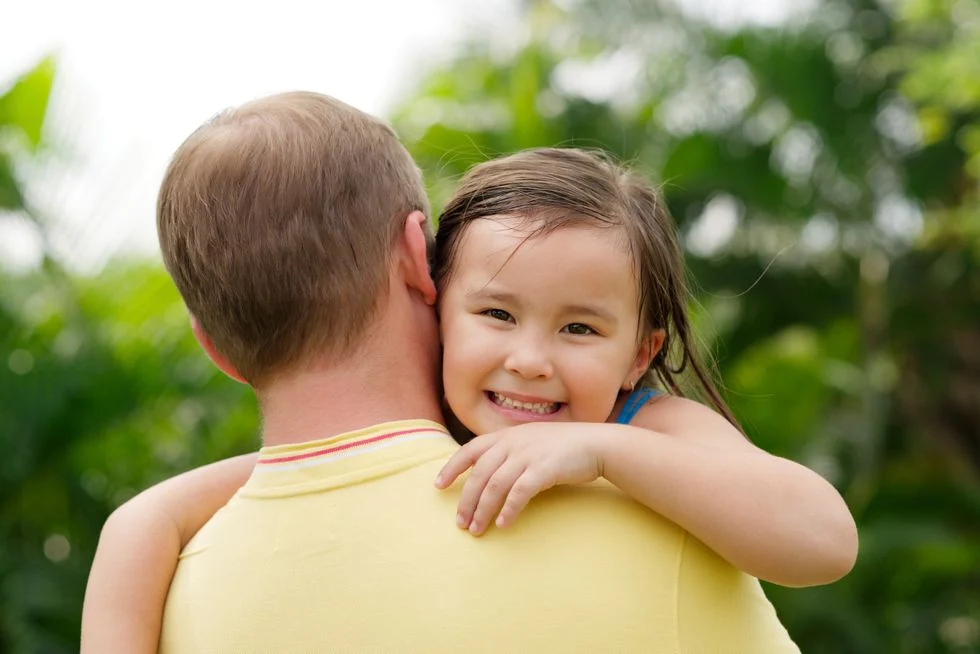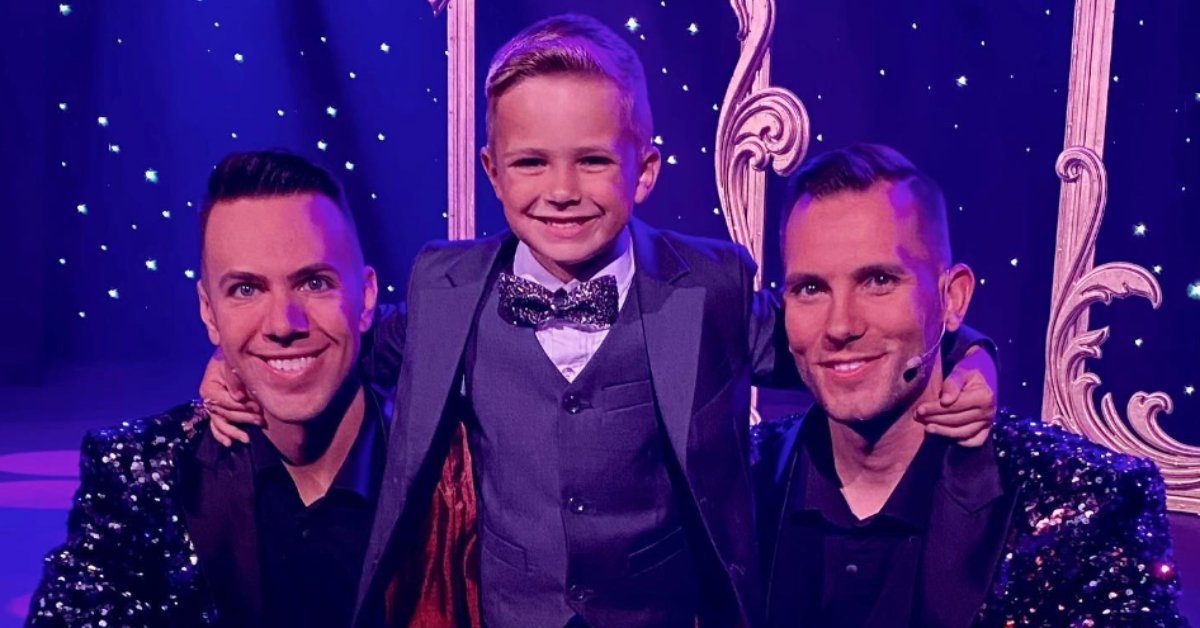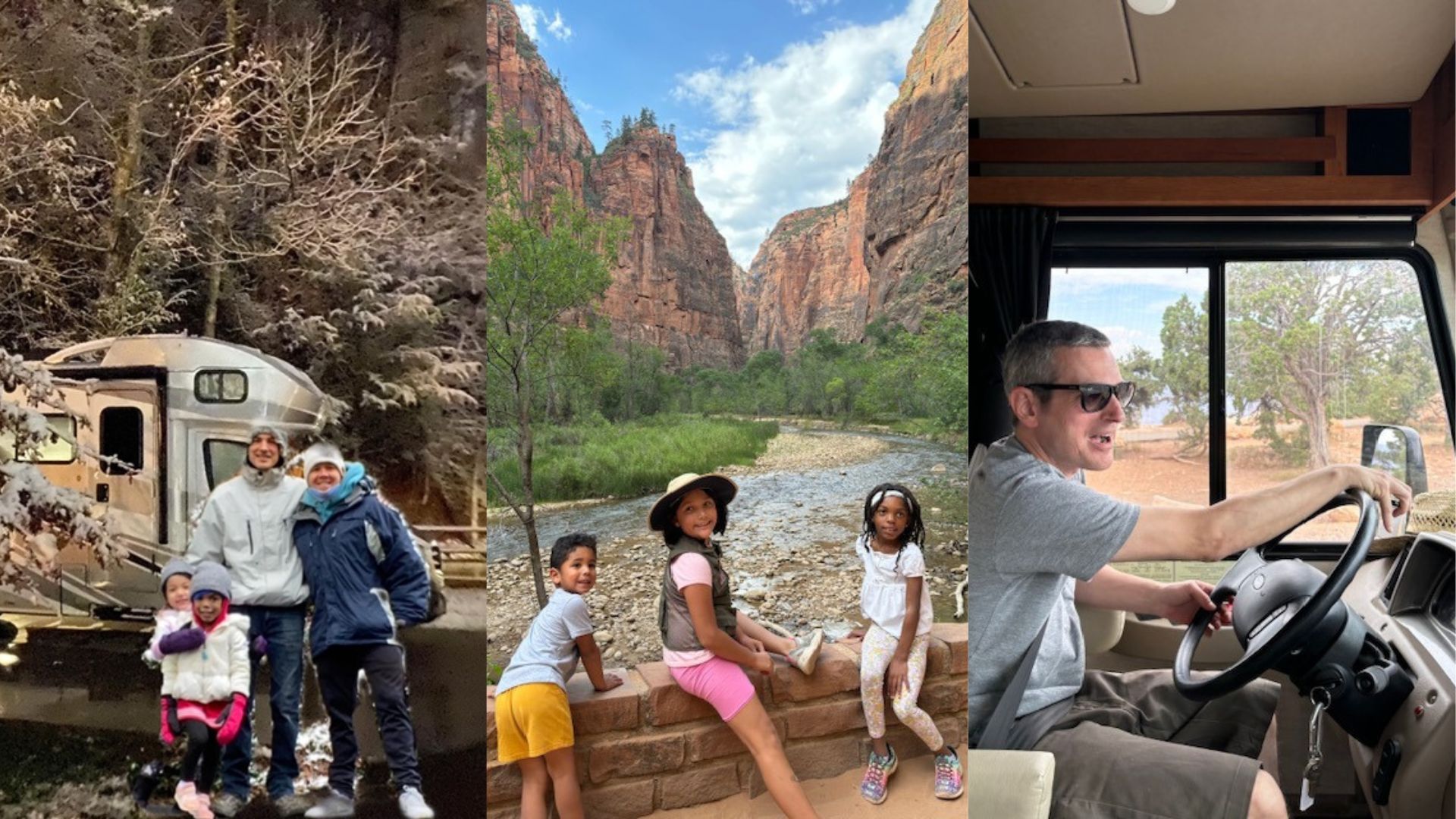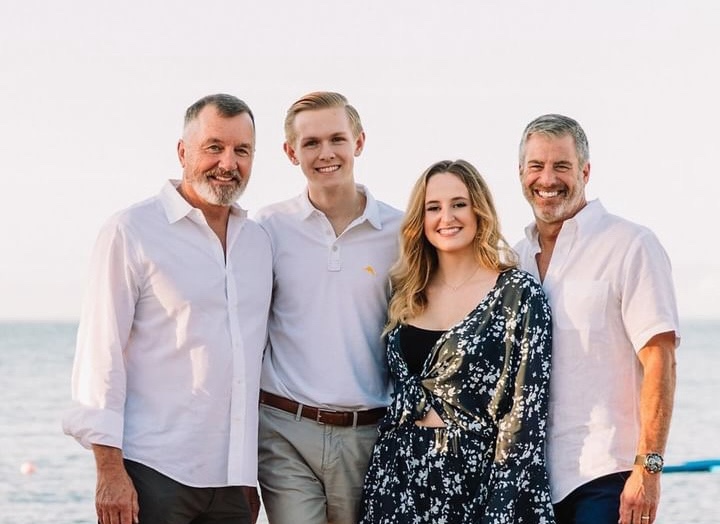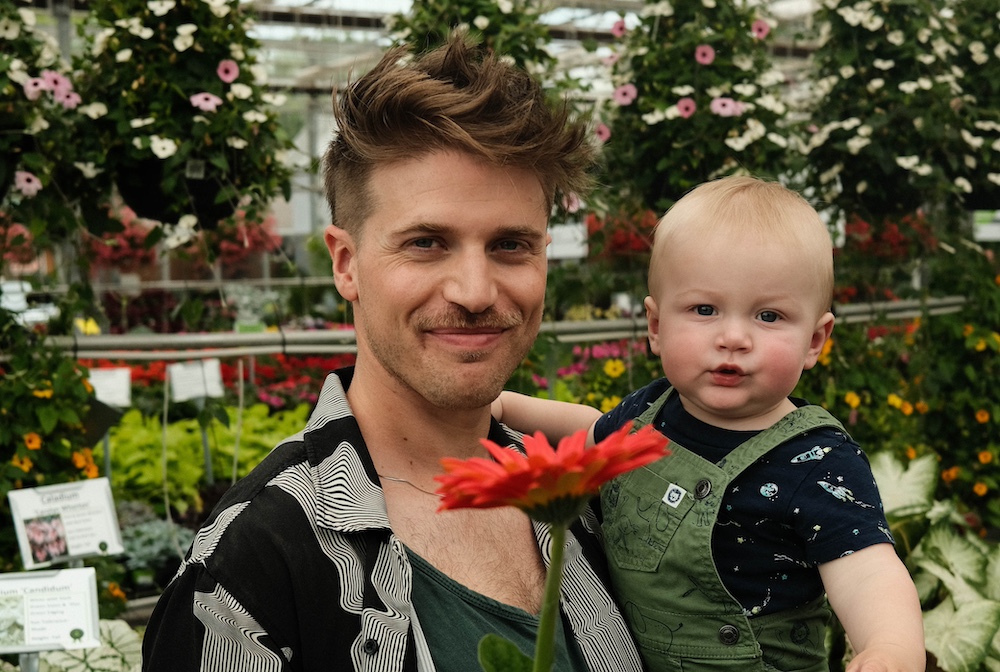Maybe you heard it at the dinner table. Or at the playground. Or reading to your son or daughter before bedtime. “Daddy,” your child says tentatively, “do I have a mommy?”
Many gay dads are ready for that question, and many gay dads feel blindsided. To help prepare, here are five tips from adoptive gay dads on how they handled introducing their children to their biological mothers.
1. Work with Your Birth Family to Make a Plan
The best advice for addressing the “mommy question?” Prepare. When you have an open adoption, start a dialogue with the birth mother to help determine a level of involvement comfortable to both you and the birth family. It’s important to keep in mind that there is no right or wrong arrangement. The level of involvement will differ slightly with each situation.
Adoptive gay dads Erik and Douglas worked closely with the birth family of their daughter, Allie Mae, to find a level of involvement that works all involved. Their arrangement, for instance, included personal visits and text updates.
“Important milestones made a perfect time to provide these updates,” Erik said, who has written about his adoption process extensively for Gays With Kids.
And what if both parties agree that no contact is best for all involved?
Many gay dads in this situation recommend helpful books like And Tango Makes Three or Am I Special? to help explain adoption to their children. Reading to your child from these books consistently can prepare them for understanding why families are different—and why their mommy is (or isn’t) part of yours.
2. Don’t take your child’s questions personally
As your child grows older and starts to ask about their biological family, it’s perfectly natural for an adoptive dad to feel anxious. Your mind races with questions: Why is my kid asking this now? Am I doing something wrong? Am I not enough?
Craig Peterson, an adoptive gay dad of six, faced these fears head-on. “The contact with the birth mother centered around my children, not me,” he said. “Because the facts could not be changed, I had nothing to fear – unless I let my own insecurities get the best of me. I refused to go that route, and with that mindset, I set appropriate boundaries to protect everyone.”
Acknowledge your feelings, trust in your own confidence, and explore what is best for your children – not your own pride.
3. Use age appropriate explanations when speaking with you children
Adoption is a beautiful, rewarding way to start a family. However, birth families have a lot of reasons for putting up children for adoption – and not all of them make for an easy explanations. You need to be honest with your child, while also providing appropriate material for your child’s age. Only you, as the parent, can determine what type of information to share and when.
Octavius Smiley-Humphries told Gays With Kids that his son’s birth mother sadly died from a drug overdose.
“This was very hard to hear as we thought that she was doing better and was preparing to have some role in Julian’s life,” he said. “We are still figuring out when and how to have the conversation with Julian about his birth mom. We have a beautiful picture album that she gave him for his first birthday that we review and talk to him often about. While we explain to him who the woman in the photos is, we don’t talk about her current state.”
Adopted children may join your family with fragments or full memories of their birth families. In that case, they may ask more pointed question as they grow older. Therapy may be a helpful developmental tool in this case.
4. Honor your child’s birthparents
Every child has a mother; that’s just a fact. Some adopted children come from mothers who were perhaps too young to raise a child, while others come from mothers who suffer from addictive or abusive behavior. No matter the history, no matter your own opinions of these women, you need to reserve your judgment for your child.
Nathan Tanner-Braun adopted twins whose parents’ rights were terminated in court. “I never speak negatively about biological parents or siblings, but I’m honest and open about who they are,” he said. “I try to explain that sometimes mommies and daddies can’t always care for their babies how they should and that because their mommies and daddies loved them so much they found other mommies and daddies to take care of them.”
“Within the first year of adopting, I saw that I had been judgmental in my thinking,” said Craig Peterson. “Birth families did matter to my children. On the plus side, I never said anything disparaging about either birth family to my kids. Otherwise, those unkind words would have forever remained with them and come back to haunt me.”
5. Be open and out as an adoptive gay dad
As you can tell from these testimonials, the dreaded “mommy question” isn’t unique to your family. Other gay dads have gone through the careful dance of explaining birth families to their children. They are out there, and they are willing to tell their stories.
Smiley-Humphries praised other gay dads he met on social media for sharing their stories so openly. “We had no idea the obstacles we’d face, the questions we’d be asked, the conversations we’d find ourselves in surrounding our family. Having people that have walked our path before to discuss these circumstances with has been beyond beneficial.”
Being out as an adoptive dad can also give the other people in your child’s life, like teachers or pastors, the information they need to better care for your child—and, in fact, give you support when these difficult questions come up.
But remember—adapt everything to your unique family. Be an active dad, and use any advice to tackle the tough questions head on.
“Every situation is different, and that’s OK,” said Nathan Tanner-Braun. “What works for one family, may not be appropriate for the next. Do what feels right your family.”

